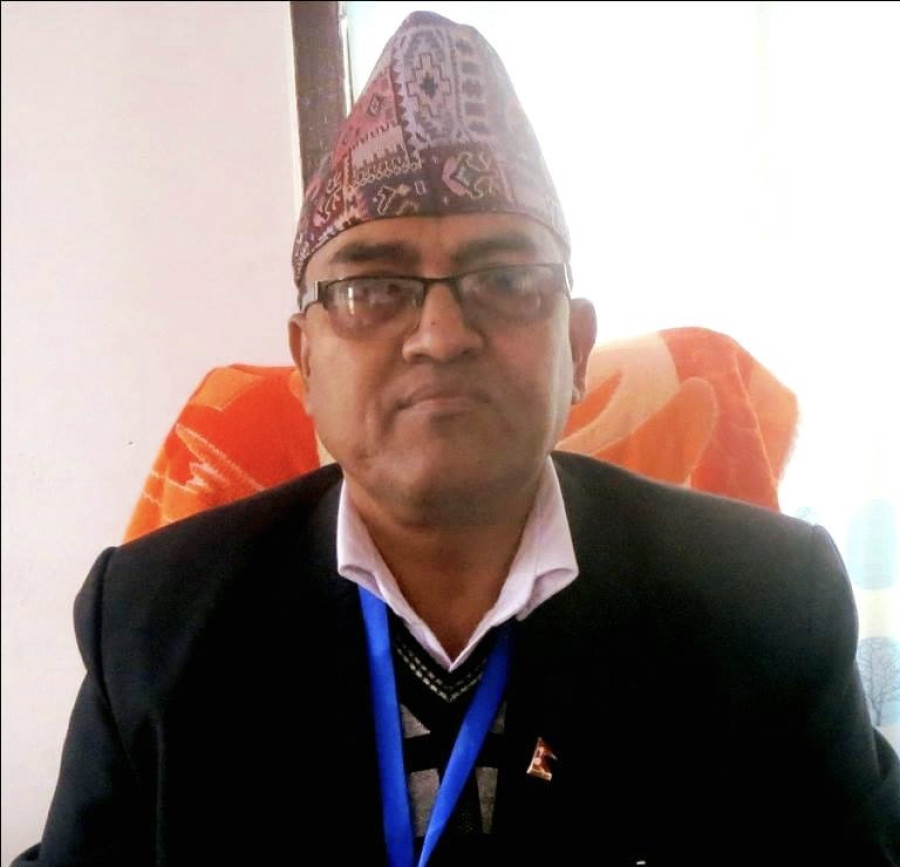Interviews
Janak Raj Dahal: If people continue to violate rules, prohibitory orders can’t be ruled out in Kathmandu
Kathmandu chief district officer on authorities’ odd-even rule, ban on vehicular movements in the night and ban on social gatherings at hotels and restaurants to contain the Covid-19 spread.
Matrika Dahal
The government on Wednesday decided to impose the odd-even rule for private and public vehicles and bar vehicular movements from 9pm to 5am for an indefinite period.
The move comes in the wake of the rising number of cases in Kathmandu Valley since the lockdown was lifted on July 21. As of Thursday, Kathmandu Valley has reported 874 Covid-19 cases. The Health Ministry said 87 new Covid-19 cases were reported on Thursday. The national Covid-19 tally has reached 21,750 with 65 deaths. The government has also barred all social gatherings–parties, seminars, feasts and other public programmes–at hotels and restaurants. Kantipur’s Matrika Dahal spoke with Kathmandu Chief District Officer Janak Raj Dahal about the authorities’ new rules, how challenging they are to implement, and what new measure his office could bring if the virus continues to spread.
How challenging is it to enforce the odd-even rule on vehicles in Kathmandu Valley?
The main purpose of enforcing the odd-even rule is to reduce the number of vehicles on the road except those which are for essential services. It is aimed at making people not to come out of home unless it is extremely necessary. Crowds led to risk of the virus spread. This rule was implemented in the past as well. But this time the situation is different. Citizens must understand precautions are for themselves. Security forces and other officials are doing their part; citizens also should be sensitive about the issue.
Is the recent rule on public mobility and vehicular movement yet another form of lockdown? How is it different?
Let’s not call it another form of lockdown. The odd-even rule certainly is restrictions on vehicular movements. All vehicular movements have been barred from 9pm to 5am. There was a sudden increase in vehicular movements after the lockdown was lifted. This meant a high threat of virus spread in the community. Hotels and restaurants were also found to be not following the safety protocols. So we decided to bar vehicular movements during the night for an indefinite period.
Do you think this odd-even rule will help decrease the infection rate?
Hospitals are already filled with infected people. We have to take into consideration who should be tested, the associated risk and priority. At least, if those who are not infected take precautions, they will reduce the chances of getting infected. The sky won’t fall if people decide to stay home and not to come out until it is extremely necessary. If they cannot avoid coming out, they must follow health protocols. The odd-even rule has been enforced for the citizens’ health and safety.
Around a dozen districts have issued prohibitory orders in the wake of the rising number of Covid-19 cases. Any similar plan for Kathmandu?
Prohibitory orders or curfews are imposed only when the situation gets out of control. The government has authorised chief district officers to take necessary steps after assessing the situation in their respective districts. If the situation arises in Kathmandu and more people continue to violate the odd-even rule, we may issue prohibitory orders in Kathmandu as well.




 9.83°C Kathmandu
9.83°C Kathmandu












